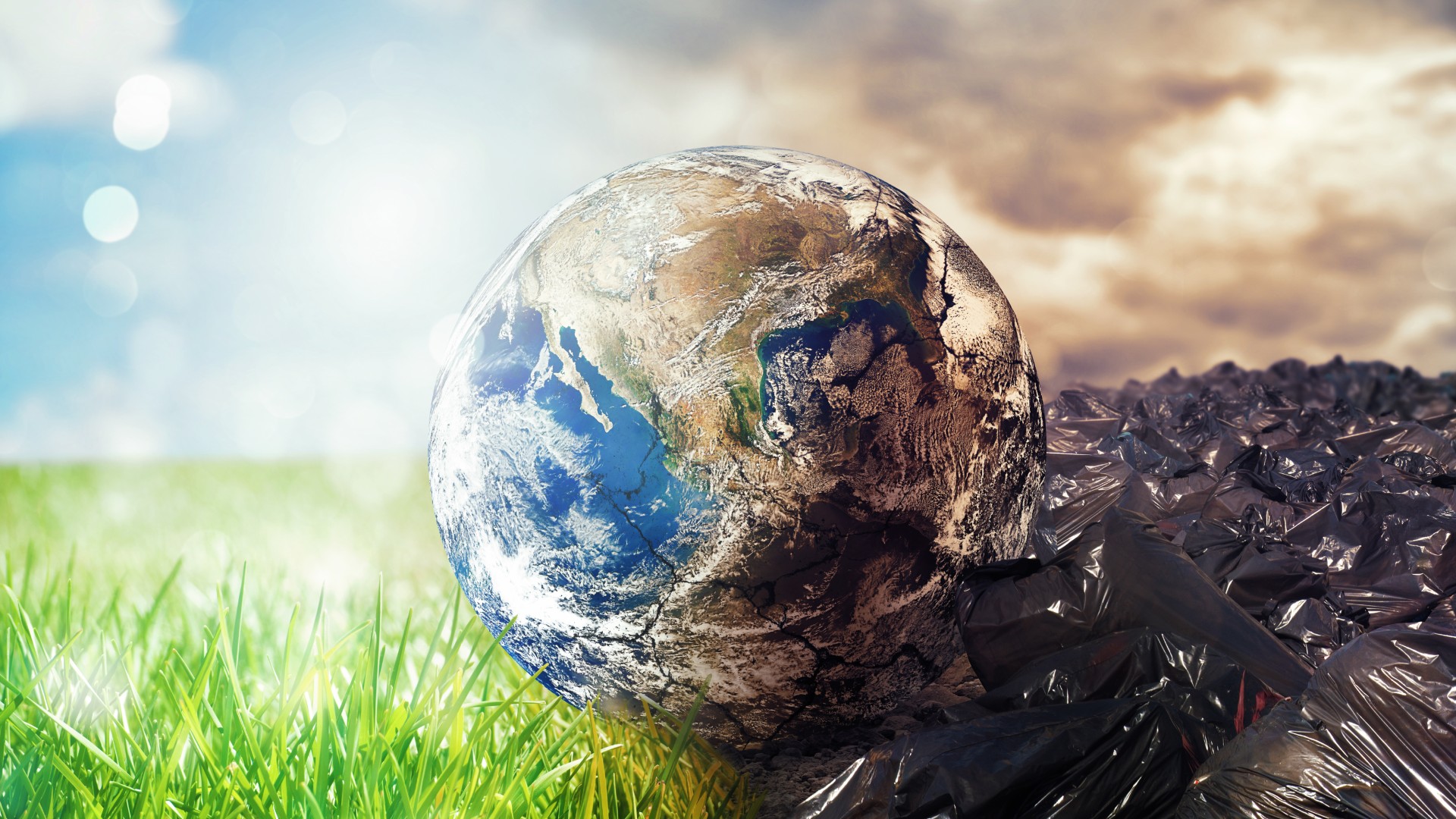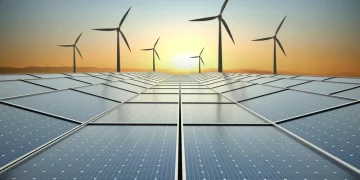Introduction: The Call for a Sustainable Future
Sustainability has emerged as one of the most pressing issues of the 21st century. As the global population continues to grow, and the natural resources that support life on Earth are increasingly under strain, the question arises: Is there a horizon for sustainability in modern society? Can we strike a balance between progress and preservation, between human development and environmental health?
This article seeks to explore the concept of sustainability within the framework of modern society. By examining the challenges we face, the innovations driving change, and the broader societal shifts needed, we will investigate whether a sustainable future is truly within our grasp.
Defining Sustainability: More Than Just a Buzzword
At its core, sustainability refers to the capacity to meet the needs of the present without compromising the ability of future generations to meet their own needs. It is a holistic concept that encompasses three interrelated pillars: environmental sustainability, social sustainability, and economic sustainability.
- Environmental Sustainability: This pillar focuses on conserving natural resources and maintaining the health of ecosystems. From reducing carbon emissions to preserving biodiversity, it involves a wide range of practices aimed at minimizing humanity’s ecological footprint.
- Social Sustainability: This relates to creating societies that promote equity, fairness, and human well-being. Ensuring that all people have access to resources, education, and opportunities is central to this aspect.
- Economic Sustainability: This entails developing economic systems that are both efficient and resilient. It requires businesses and industries to consider long-term viability, rather than short-term profits, ensuring that resources are used responsibly and that the economy can withstand future challenges.
These pillars are often interwoven, and success in one area often supports progress in the others.
The Challenges We Face: A Growing Crisis
Despite the growing emphasis on sustainability, significant challenges remain. Modern society, particularly in its industrial and technological advancements, is built upon systems that often exploit natural resources at unsustainable rates. Let’s explore the most critical obstacles.
1. Climate Change and Environmental Degradation

Climate change is perhaps the most urgent environmental crisis of our time. Rising global temperatures, extreme weather events, and changing ecosystems are all direct consequences of human activities such as deforestation, fossil fuel consumption, and industrial agriculture. These changes threaten food security, water availability, and biodiversity, while also exacerbating poverty and social inequality.
2. Overconsumption and Waste
Modern consumer culture, driven by mass production and the constant pursuit of economic growth, has led to overconsumption of goods and resources. The “take-make-dispose” model that dominates the global economy is unsustainable. From plastic waste to the depletion of non-renewable resources, the volume of waste generated continues to rise, challenging efforts to maintain a circular economy.
3. Inequality and Social Injustice
Sustainability is not only about environmental preservation but also about social equity. Unfortunately, social inequalities remain deeply entrenched, with millions of people around the world still living in poverty, lacking access to basic services like education, healthcare, and clean water. As the world’s resources become scarcer, these inequalities are likely to be exacerbated unless urgent action is taken.
4. Economic Models Focused on Growth
Current economic systems are built on the premise of infinite growth, which clashes with the reality of finite resources. Many economies are structured around GDP growth, which doesn’t account for environmental or social costs. This growth-centric model often leads to exploitation, depletion of resources, and social polarization, all of which undermine long-term sustainability.
Innovations and Solutions: The Road to Sustainability
While the challenges are daunting, solutions are emerging from various quarters of society. Technological innovations, policy reforms, and shifts in consumer behavior offer a glimpse of hope for a sustainable future.
1. Green Technologies and Renewable Energy
The transition to renewable energy sources like solar, wind, and geothermal is one of the most significant steps we can take towards sustainability. These technologies produce energy with minimal environmental impact and offer a path to decarbonizing the global economy. In addition, innovations in energy storage, smart grids, and energy-efficient technologies further support this transition.
2. Circular Economy and Waste Reduction
A circular economy is one that is restorative by design. Unlike the traditional linear economy, where products are made, used, and disposed of, the circular model seeks to minimize waste by reusing, recycling, and repurposing materials. Companies like IKEA and Patagonia are already adopting circular economy principles by designing products for durability and recyclability, thus reducing the demand for raw materials.
3. Sustainable Agriculture and Food Systems
With agriculture being one of the largest contributors to environmental degradation, shifting towards sustainable farming practices is crucial. Regenerative agriculture, which emphasizes soil health, biodiversity, and carbon sequestration, is gaining momentum. Additionally, innovations in plant-based and lab-grown foods offer promising alternatives to resource-intensive animal agriculture, potentially reducing the strain on land and water.

4. Social and Economic Reform
Achieving sustainability requires not only technological solutions but also systemic change. Governments and businesses must implement policies that promote social equity, such as fair wages, accessible healthcare, and inclusive education. Economic models like the doughnut economy, which seeks to balance human needs with planetary boundaries, are gaining traction as potential frameworks for creating sustainable and just societies.
5. Individual Responsibility and Lifestyle Changes
On an individual level, lifestyle changes can make a significant impact. Reducing consumption, embracing minimalism, and supporting sustainable brands are actions that contribute to a more sustainable future. Additionally, raising awareness and advocating for policy changes are crucial steps that can help build momentum for broader societal transformation.
The Horizon of Sustainability: Is It Within Reach?
So, is there a horizon for sustainability in modern society? While the challenges are formidable, the strides made in technology, policy, and consumer behavior suggest that sustainability is not only possible but is already underway. The key lies in collective action and a shared commitment to rethinking how we live, produce, and consume.
To achieve a sustainable future, we must prioritize long-term thinking over short-term profits, resilience over growth, and cooperation over competition. Governments, businesses, and individuals must collaborate in meaningful ways to drive innovation, promote equity, and protect the planet’s ecosystems. The horizon for sustainability is within reach—but only if we act decisively and urgently.
Conclusion: A Call to Action
Sustainability is not a distant dream but a responsibility we must embrace today. It is within our power to shape a world where people and the planet thrive together. Through innovation, systemic change, and personal commitment, we can overcome the challenges we face and build a future that is sustainable for generations to come.























